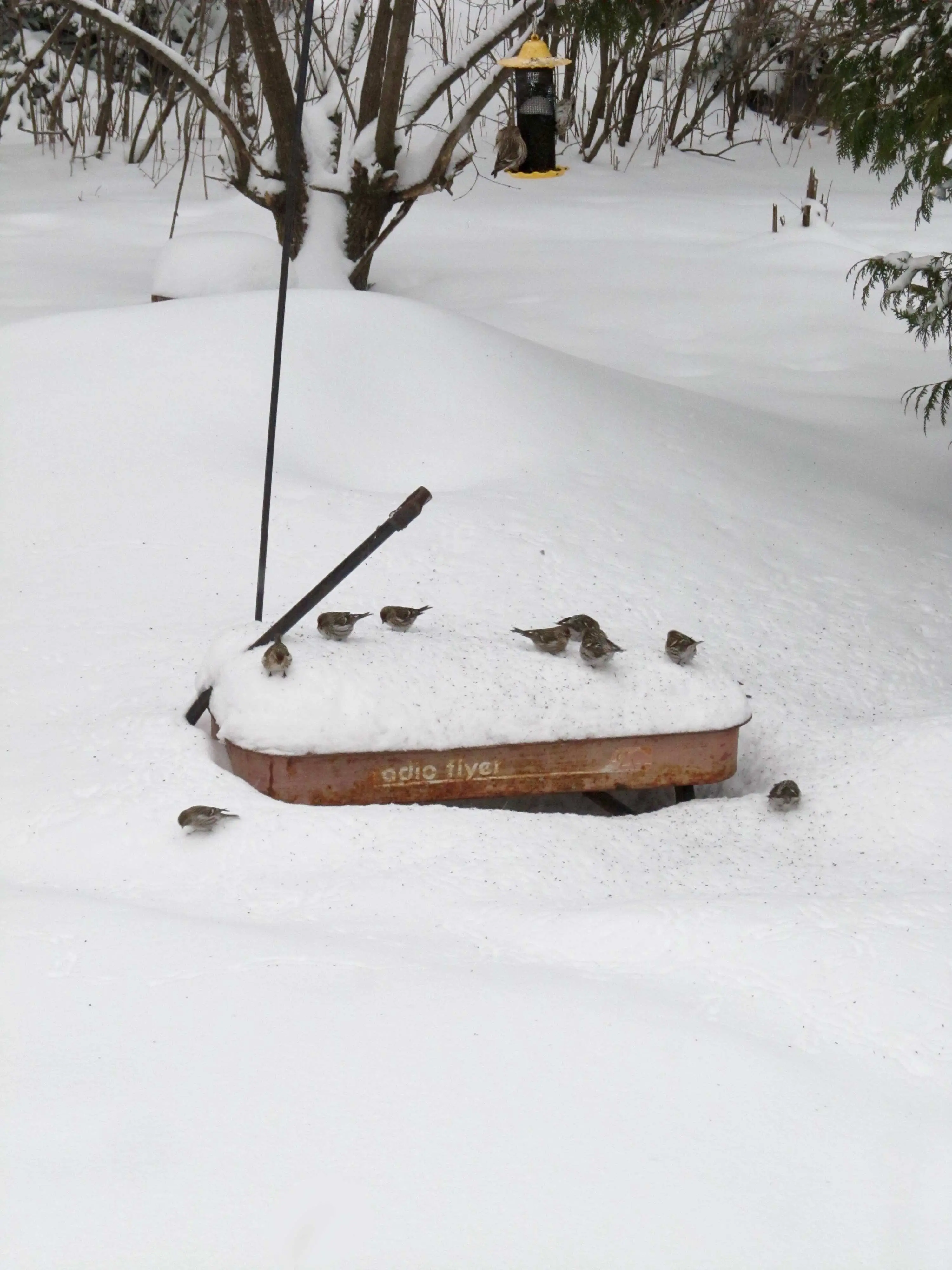Wisconsin
800 readers
1 users here now
A community for the state of Wisconsin.
All news, pictures, discussions, and interesting links are welcome here.
Other communities:
Banner: Wikimedia User:Royalbroil CC BY-SA 2.5
founded 2 years ago
MODERATORS
26
27
28
29
30
31
22
Evers signs new laws designed to bolster safety of judges, combat human trafficking
(www.channel3000.com)
32
33
34
35
36
37
42
38
39
40
17
Constitutional referenda on ballot in April take aim at Republican ‘Zuckerbucks’ complaints
(wausaupilotandreview.com)
41
42
43
44
45
46
47
48
49
50


